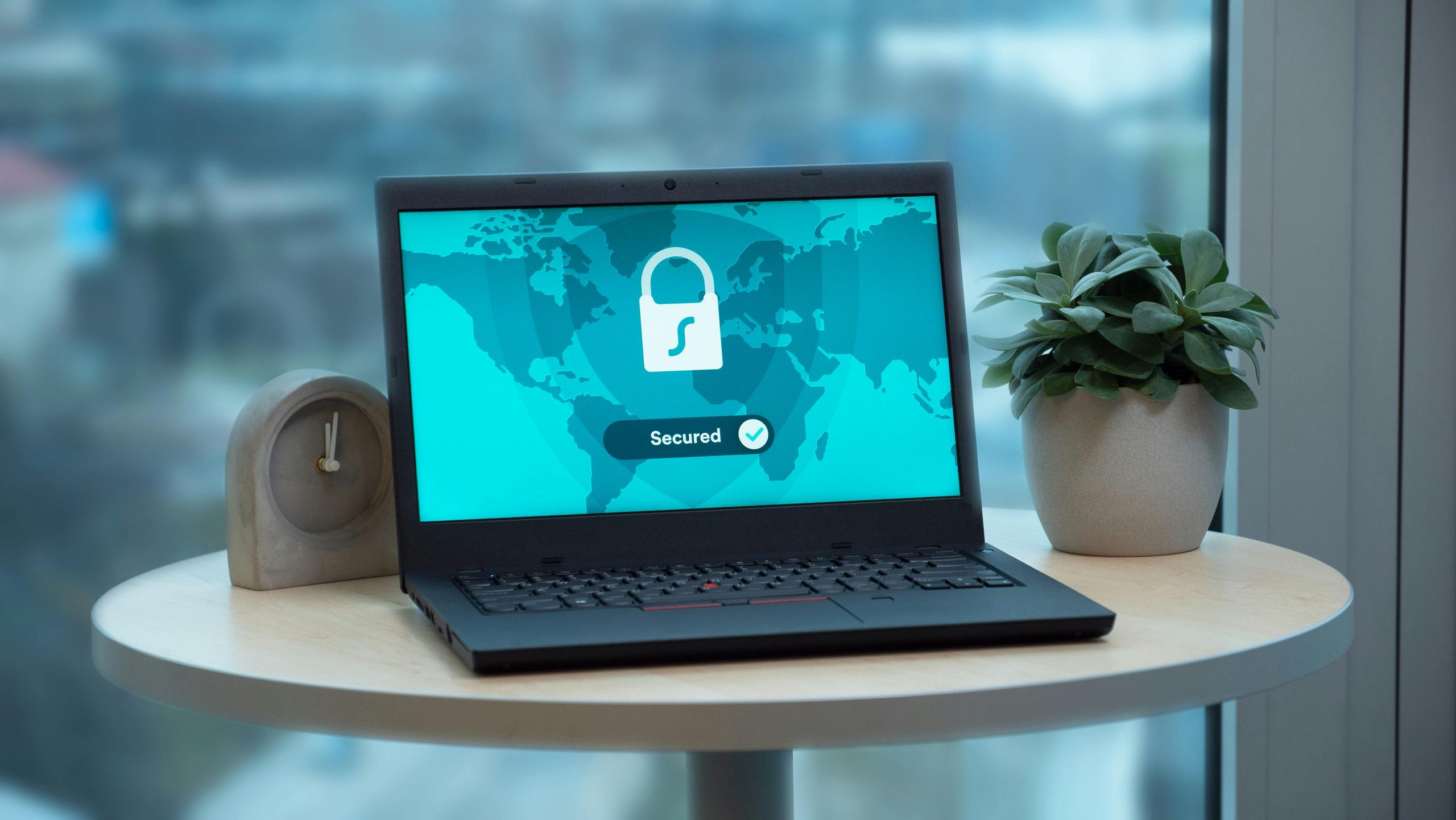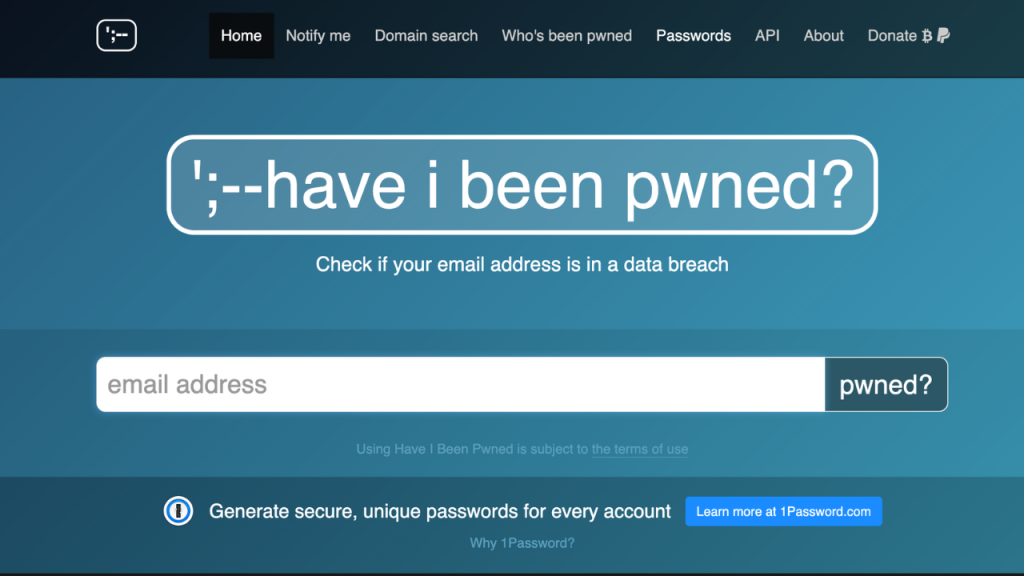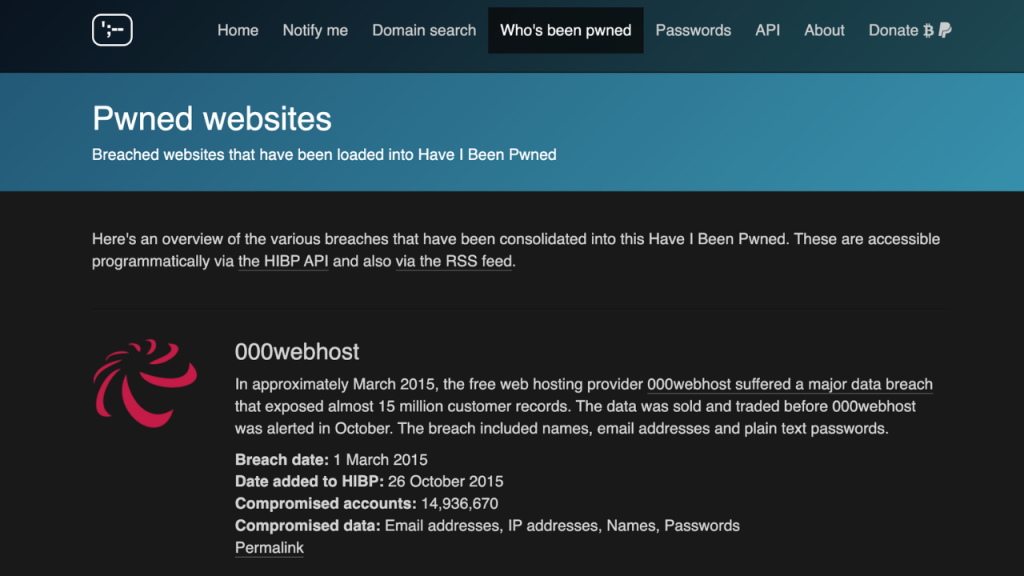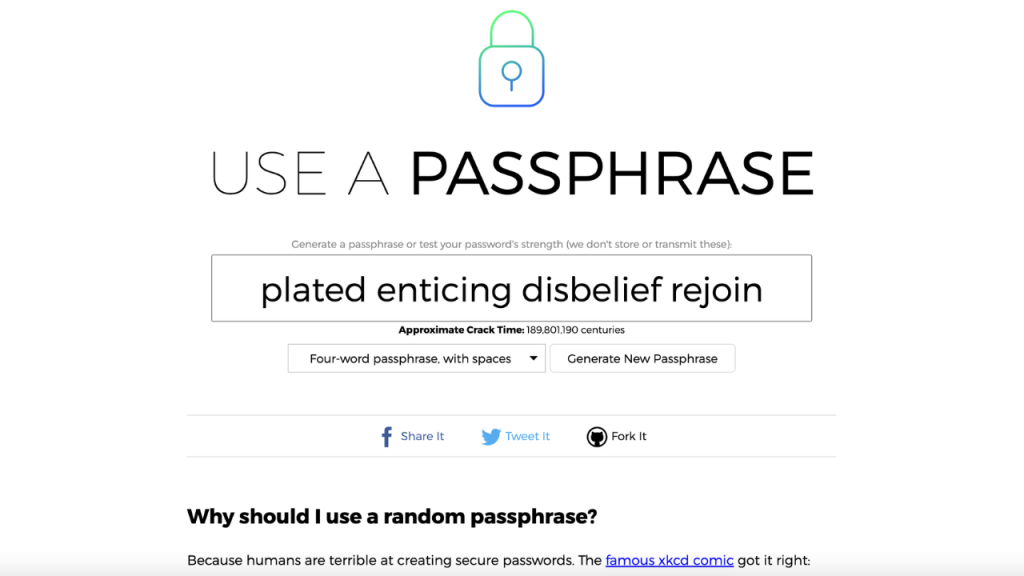Photo by Dan Nelson
Do you own a website or social media account for your company? When’s the last time you checked to see if your login credentials were on the dark web, waiting for hackers to take full advantage of them?
Did you know that “99% of all cyber attacks require some form of human interaction,” and that “if you lose a social media account, or even a website, that account is gone forever?” These paramount points were discussed by Burton Kelso, Chief Tech Expert at Integral, in his webinar Keep Your Websites and Social Media Accounts Safe From Hacks and Attacks.
In today’s blog, we’ll provide helpful ways on how you can keep your precious information on your websites and social media channels safe and sound.
Understanding the Risks
It’s not every day that you’re thinking, “Oh, is my Instagram account being hacked by a cyber criminal right now?” or “What’s the most ridiculous password I can make so that not even I could guess it?” Well, if you’re scrolling through Pinterest for the best summer dinner recipes, cybersecurity is most likely the last thing on your mind.
No matter if it’s your website or your social media accounts, cyber hackers can do such horrendous things, including credential stuffing, phishing, and worst of all, posting inappropriate content from your company.
- Credential Stuffing – According to Descope’s article, credential stuffing is nothing more than a cyberattack where hackers use credentials from past data breaches to get into their prey’s accounts. This is often the case with those who use the same usernames and passwords for their online websites and social media accounts.
- Phishing – Unlike the band jam band Phish, phishing is a kind of cyberattack that targets unlucky individuals via email, texts, and phone calls. Their end goal? Obtaining any private information from their prey, like their login credentials or financial information.
- Defacement – Some companies and individuals, unfortunately, face the cybercrime of defacement. This occurs when your website or social media profiles have been hacked and the cybercriminal changes or posts unfavorable content that may be offensive and inappropriate. This ultimately can damage a brand’s reputation and lead to a loss of trust from your audience.
This article on social media crisis management planning highlights how to stay prepared, maintain brand integrity, and respond effectively during social media crises.
How to Protect Yourself
Now that we have a better understanding of just some of the threats cybercriminals are capable of, we wanted to provide you with a handful of techniques, suggested by Burton, to stay on top of your ever-important online information.
Check That Your Info Isn’t Already Exposed
As mentioned above, cybercriminals will use the credential stuffing technique to compromise your websites and social media accounts. In his webinar, one helpful tool Burton recommended is a website called haveibeenpwned.com.
This website essentially allows users to type in their email addresses to see if it was leaked in past data breaches. In addition to seeing if your email address has been “pwned,” the website allows users to check if their passwords have been exposed to cybercriminals in data breaches.
You can also see which websites have been “pwned.”
One more website worth checking out is cybersecurityventures.com. This website allows its users to see who has been breached recently. As Burton mentioned, “When it comes to cyber breaches, companies don’t always disclose,” so it’s a great idea to check out sites like these to stay in the know.
Strengthen Your Passwords
If you weren’t aware, and I wasn’t before Burton’s webinar, passwords are completely out! Rather than using passwords like “4kfsof!” or “NewWaveLover1,” it is much more secure to use a passphrase. What is a passphrase? Passphrases are simply a much stronger password that is longer and has spaces. These can be along the lines of “i travel, sushi for concert” or “S@rah l!ves in Bedford, UK.” The idea is to make the passphrase simple enough for you to remember, but very difficult for cybercriminals to guess. The less sense they make, the better!
One great tool Burton mentioned is useapassphrase.com, which helps you create random and unique passphrases.
Enable Two-Factor Authentication (2FA)
Another great layer of protection is enabling two-factor authentication, or 2FA. By using this, you ensure the application, service, or website you’re using verifies that your request to log into whatever account it may be is actually coming from you, not someone else across the globe.
So, for instance, you could easily set up 2FA for your Instagram account by choosing from several security methods. These include authentication apps, or having a code sent to your text messages or email.
Protecting Your Website: Choose a Reputable Web Host
Lastly, before launching your website, Burton suggests researching your potential website host to see what they’ve been doing to protect their customers’ websites. It’s crucial to find out whether or not prospective web hosting services have a secure sockets layer (SSL), which helps protect your customers’ information, as well as improves your website’s credibility.
Here are some of the best web hosting services for you to consider:
Food for Thought
Whether you’re managing online accounts for a large company or just running them for a small-town historical society, always keep an eye on your private information. Please remember to:
- Frequently update your pass codes (no more passwords!)
- Regularly monitor your information on websites like haveibeenpwned.com
- Stay in the know with the most recent data breaches with cybersecurityventures.com.
- Use 2FA and secure web hosting
Have any more insightful tips that we missed out on? We’d love for you to share them in the comments!
Author: Sam Cuellar
Digital Marketing graduate from DePaul University, Marketing & Sales Coordinator at the National Institute for Social Media, and professional bass player with a passion for music, weightlifting, traveling, and social media marketing.








0 Comments